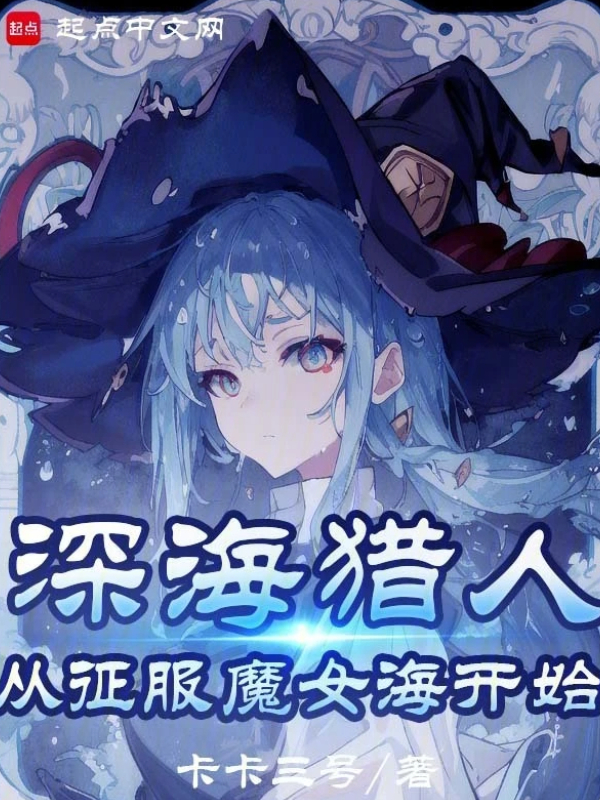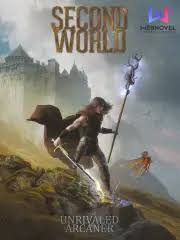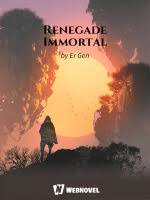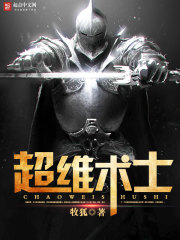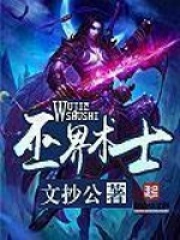The Story in 3 Sentences
A transmigrator named Chen Qi washes ashore in the perilous, steampunk-apocalyptic game world of ‘New Sun,’ cursed with the monstrous “Deep Sea Affinity” talent that marks him as a terrifying entity he isn’t.
He must navigate a world of witches, ancient sea gods, and ruthless pirate fleets, constantly battling the misconception that he is a primordial horror while trying to survive and uncover the game’s buried truths.
His journey shifts from desperate survival to reluctant legend, as his actions inadvertently reshape the era, forcing him to confront whether he will become the monster everyone fears or forge his own defiant path.
Why It Stands Out
1. A Protagonist Defined by Denial in a World That Won’t Listen
The core comedic and dramatic engine is Chen Qi’s frantic, earnest insistence that he is not the apocalyptic Deep Sea Ancient God, juxtaposed against a world that sees his tentacles, his affinity for sea monsters, and his uncanny power and simply refuses to believe him. This persistent, escalating misunderstanding fuels both hilarious situations and profound tension, making his struggle for identity the novel’s beating heart. His victories are often pyrrhic, celebrated as acts of a god he denies being, turning every triumph into a fresh layer of existential dread.
2. Steampunk Meets Lovecraftian Horror in a Game World Sandbox
The setting is a masterclass in genre fusion, blending clanking brass machinery, airships, and Victorian-esque societal structures with the dripping, unknowable terror of deep-sea leviathans and eldritch chants. The “game world” framework provides a logical structure for progression and power-ups, while the pervasive, lurking horror of the deep sea ensures a constant, oppressive atmosphere. It’s a world where a sea captain might negotiate tolls with a kraken one moment and recalibrate a steam-powered harpoon cannon the next, creating a uniquely thrilling and unpredictable environment.
3. The Reluctant God Who Collects Tolls and Sings Death Choruses
Chen Qi’s character arc is defined by ironic competence. He raises sea dragons, collects tolls from passing ships, and even harmonizes with sirens in their death choruses, all while maintaining a Hunter’s sense of duty and a transmigrator’s bewildered pragmatism. This dissonance between his actions and his self-perception creates a compelling anti-hero. He isn’t seeking power or conquest; he’s just trying to get by, yet his very existence bends the world’s rules, making him a force of nature he never asked to be. His earnest clarifications in the face of overwhelming, tentacled evidence are the novel’s signature charm.
Characters That Leave a Mark
There’s Palu – the legendary Captain of the Sea God Pirate Group, a figure whose true strength is deliberately masked, appearing deceptively weak while commanding immense power and respect across the high seas, serving as both a formidable rival and an enigmatic force of the ocean’s chaos.
You’ll meet Nancy, who appears with a sharp, inquisitive mind, often seen supporting her face with her right hand as she observes Chen Qi with intense curiosity, playing a crucial role in documenting and analyzing the protagonist’s bewildering presence and actions within the world’s unfolding mysteries.
And Diya? They’re the one who meticulously pulls out photographic evidence, like footprints, to aid in the investigation of Chen Qi’s true nature, acting as a grounded, detail-oriented counterpoint to the swirling myths and supernatural events, ensuring the hunt for truth has a tangible, procedural backbone.
The Flaws Fans Debate
The pacing can feel uneven, with some readers noting the plot rhythm stumbles or gets stuck in certain sections, particularly in the middle chapters, making the journey feel occasionally sluggish despite the high stakes.
The protagonist, Chen Qi, is criticized by some as being too much of a dry, emotionless know-it-all, lacking tension or genuine fear even when thrust into terrifying new situations, which can make his internal struggles feel distant.
Some readers find the premise grows repetitive, as the central joke of “I’m not the ancient god!” is stretched over hundreds of chapters, and the constant misidentification can start to feel like a narrative crutch rather than a driving force.
Must-Experience Arcs
Ch. 1–50: The Accidental Arrival – Chen Qi transmigrates onto a pirate ship, discovers his “Deep Sea Affinity,” and must survive his first encounters with witches and sea monsters while desperately trying to convince anyone that he is just a dedicated Hunter, not a primordial terror.
Ch. 450–500: Palu’s Gambit – The enigmatic Captain Palu takes center stage, revealing glimpses of his true, terrifying power and ambitions, forcing Chen Qi into a high-stakes game of cat and mouse across the high seas, where alliances are as fluid as the tide and every encounter could be his last.
Ch. 900–950: The New Sun Rises – As the endgame approaches, Chen Qi’s denials become meaningless; the world has already crowned him its reluctant god. He must confront the ultimate truths buried within the game, make a final stand against the forces that seek to control or destroy him, and decide the fate of the era he never meant to usher in.
Killer Quotes
“False news, naked false news!”
“Appearances can be deceiving.”
“He was truly not of any Deep Sea Ancient God’s bloodline but a dedicated and responsible Hunter.”
Cultural Impact
The novel’s tagline, “I’m really not the Deep Sea Ancient God!”, has become a popular meme template within the webnovel community, used to express exasperation when being misunderstood or blamed for something.
It boasts a strong rating of 8.8/10 from over 1700 ratings and has garnered nearly 2 million views, indicating a significant and dedicated fanbase on platforms like Webnovel.
Fans frequently debate Chen Qi’s true nature and Palu’s hidden agenda in online forums, creating a vibrant community that dissects every chapter for clues and hidden meanings, keeping the novel’s mysteries alive long after reading.
Final Verdict
Start Here If You Want:
A hilarious and relentless case of mistaken cosmic identity that drives the entire plot.
A rich, atmospheric blend of steampunk aesthetics and deep-sea horror that feels fresh and immersive.
An underdog story where the protagonist’s greatest enemy is the world’s stubborn perception of him.
Study If You Love:
Exploring the theme of self-identity versus imposed destiny in a high-stakes, fantastical setting.
The clever subversion of xianxia and game-system tropes through the lens of ironic, situational comedy.
The intricate world-building that merges disparate genres into a cohesive, living, and breathing game world with its own rules and logic.
Avoid If You Prefer:
Protagonists who are emotionally expressive or prone to panic in dangerous situations.
Tight, consistently fast-paced narratives without any meandering or slower, investigative segments.
Stories where the central premise or joke doesn’t repeat or evolve over a very long form; this novel commits fully to its core comedic misunderstanding.
